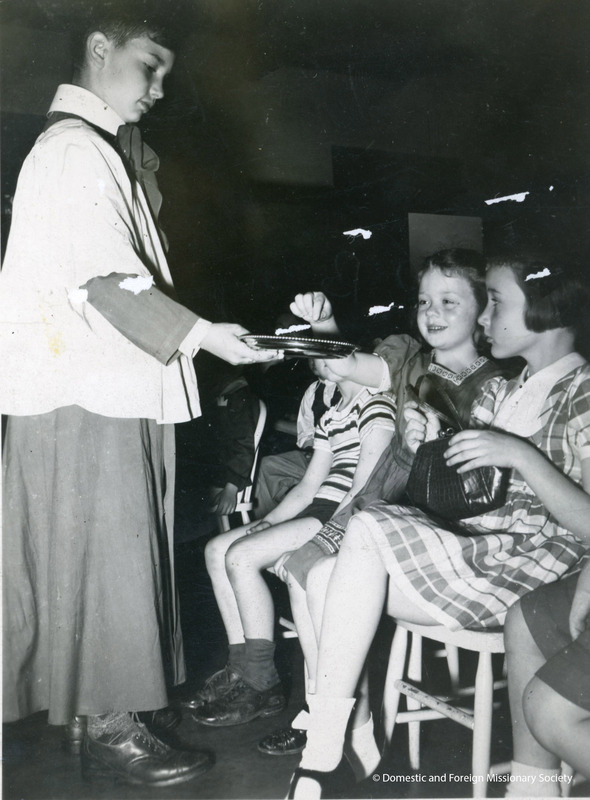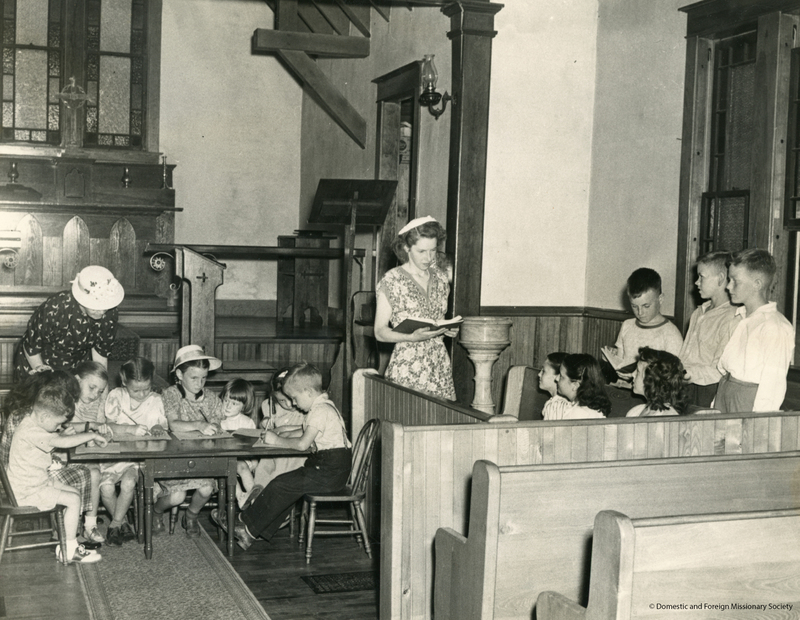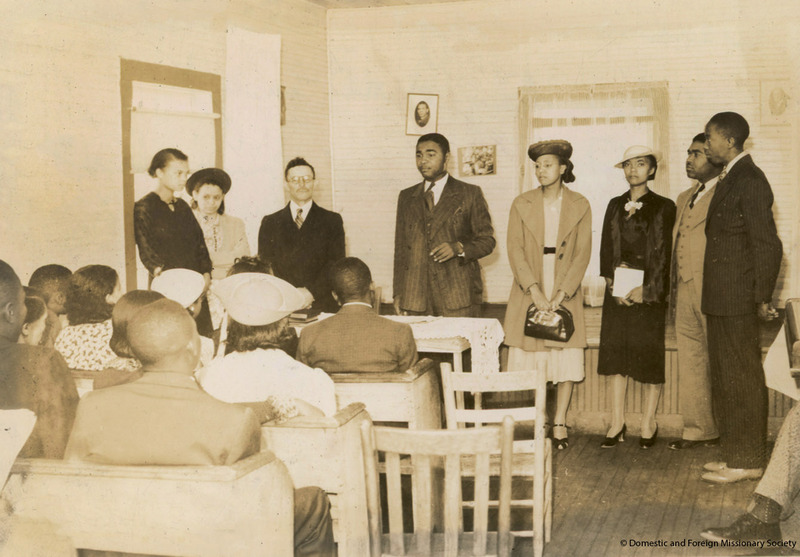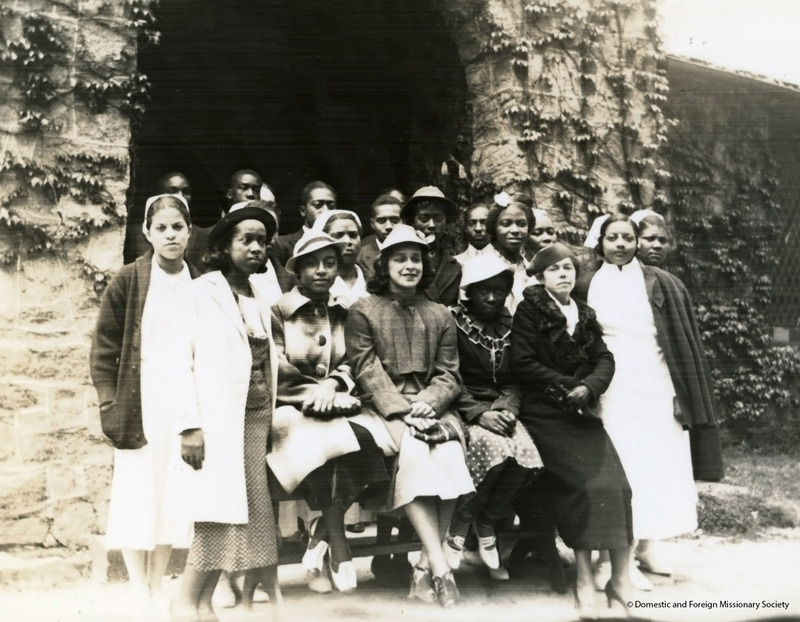Sunday School
In addition to mission support, women in the church also utilized the skills they honed through running a household by serving their local parishes as Sunday School teachers. Viewed as an essential component of raising Christian children, Sunday School curriculum was taught primarily by women, with many parishes offering instruction for members and non-members alike.
As women became increasingly involved with their parish families, they also became aware of social and economic inequality within their own communities and sought to improve these conditions where and when they could. This commitment to doing the "Lord's work" at the local level would later become the foundations of national organizations to help those in need.
As women turned their attention to instructing youth in religious matters, their own religious education offered an opportunity for women to build communities. Correspondence courses in Biblical studies became increasingly popular, particularly for women in isolated areas. Monthly lessons, mailed to the home, brought reading and study questions that were then submitted, reviewed, and returned to the student. As interest grew, these correspondence courses were also often taught by women.





